China raps US' maximum pressure, wants revocation of all unilateral sanctions imposed on Iran
China has lambasted the so-called maximum pressure campaign by the United States against Iran as the root cause of disputes over Tehran's peaceful nuclear program, calling on Washington to remove the entire unilateral sanctions on the Islamic Republic as talks on the revival of a 2015 Iran nuclear deal, officially known as the Joint Comprehensive Plan of Action (JCPOA), are vigorously pursued in the Austrian capital of Vienna.
Chinese Foreign Ministry spokesman Wang Wenbin made the remarks at a regular press briefing in the capital Beijing on Thursday, while commenting on the progress being made in the Vienna talks and the differences that still exist on how to restore full compliance with the landmark deal.
“At present, important progress has been made in talks on resuming compliance with the JCPOA and all relevant parties have demonstrated the political will to reach an agreement,” Wang told reporters.
“Meanwhile, there are still some differences that will need to be bridged through arduous negotiation,” he added, noting, “China hopes that all parties concerned will rise above distractions, act with greater urgency, make bold political decisions at an early date and work to resolve remaining issues in a flexible and practical manner.”
The Chinese Foreign Ministry spokesman blasted the unilateral withdrawal of the United States from the Iran nuclear deal in 2018 and called for the lifting of all sanctions on Tehran.
“China always believes that the key to secure breakthroughs in the negotiations is to have a right perspective on what's right and what's wrong,” Wang said, adding, “The root cause of the Iranian nuclear crisis is the US' unilateral withdrawal from the JCPOA and "maximum pressure" on Iran. The US side should revoke all unilateral sanctions on Iran and third parties and Iran should resume full compliance on this basis.”
The Chinese official went on to say that Beijing has always participated in Iran's nuclear-related negotiations in a constructive manner and played an important role in pushing all parties to "pool consensus and resolve differences."
“We will continue to make efforts to reach an agreement at an early date, uphold the international non-proliferation system, and safeguard peace and stability in the Middle East,” Wang added.
Since April, representatives from Iran and the P4+1 group of countries have been holding talks in Vienna aimed at revitalizing the JCPOA and bringing the US back to compliance.
The US has sent a delegation to Vienna but it is not attending the JCPOA Joint Commission talks directly as Washington is no longer a party to the deal. It has, however, held separate talks with the five parties to the JCPOA – Britain, France, Germany, Russia and China.
The US, under former president Donald Trump, left the JCPOA in 2018 and initiated a “maximum pressure” policy against Iran, prompting Tehran to take remedial measures by gradually reducing its nuclear commitments under the deal.
President Joe Biden has said Washington is willing to return to the pact if Tehran first suspends its countermeasures taken in response to US violations and reimpostion of sanctions.
Iran says the onus is on the US to revive the deal as it was Washington, not Tehran, that left the internationally recognized accord in defiance of global criticism.
Iran’s uneven fight against US-led financial firewall
Iran joins club of countries with 110 advanced cell therapy products
Zelensky seeks 20-year US guarantee to ink Ukraine-Russia peace deal
VIDEO | Press TV's news headlines
Iran says ball in US court to prove seriousness about making deal
Austrian press casts Iranian ties as threats, spotlighting bias and selective freedom
Munich 'circus' excludes Iran’s elected representatives, platforms ‘regime change’ lobbyists
Israeli reservists exploited secret bombing intelligence to bet on Gaza strikes





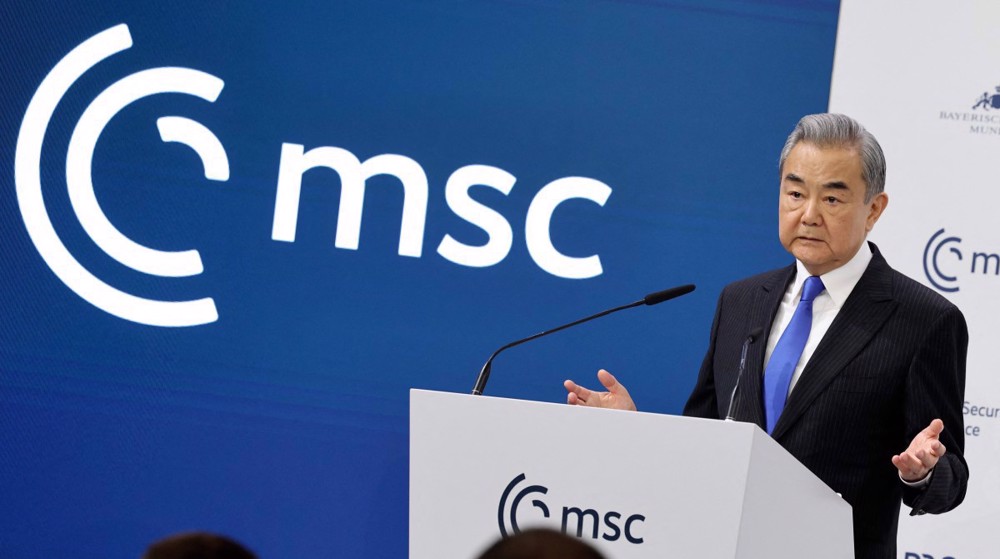
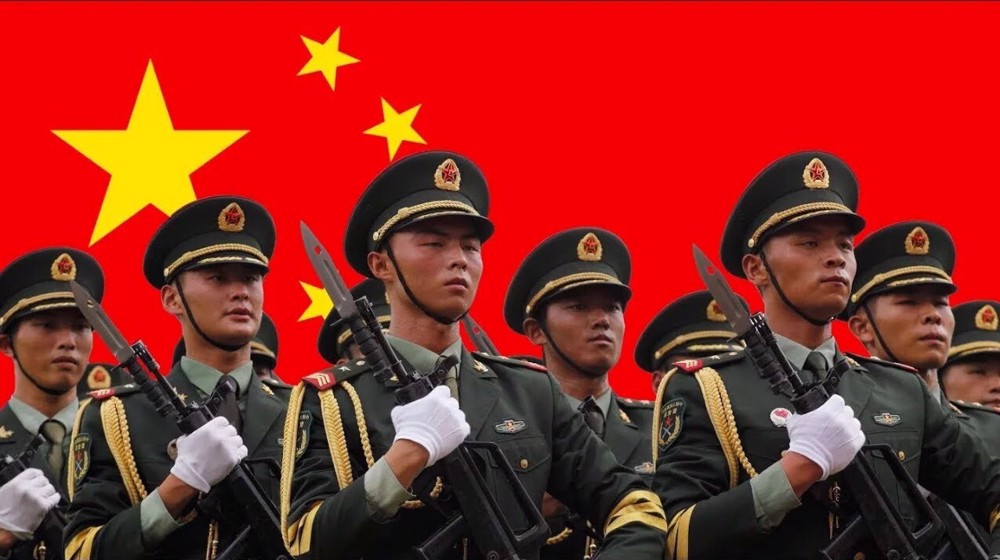
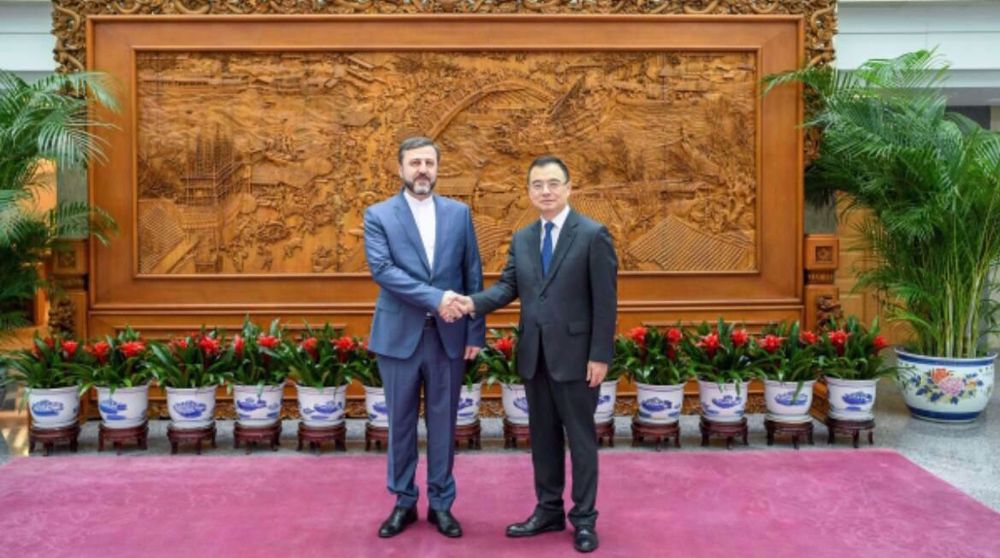




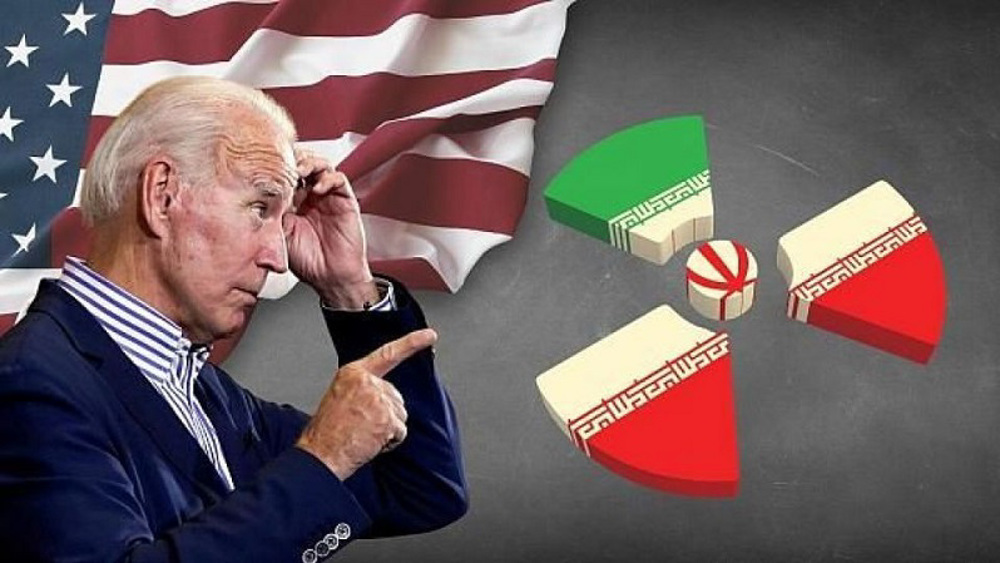
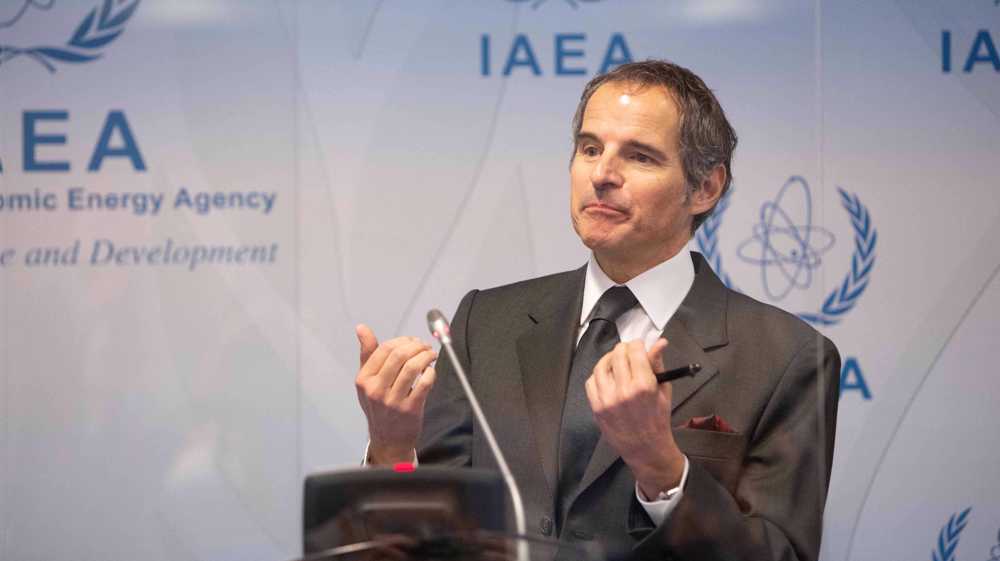
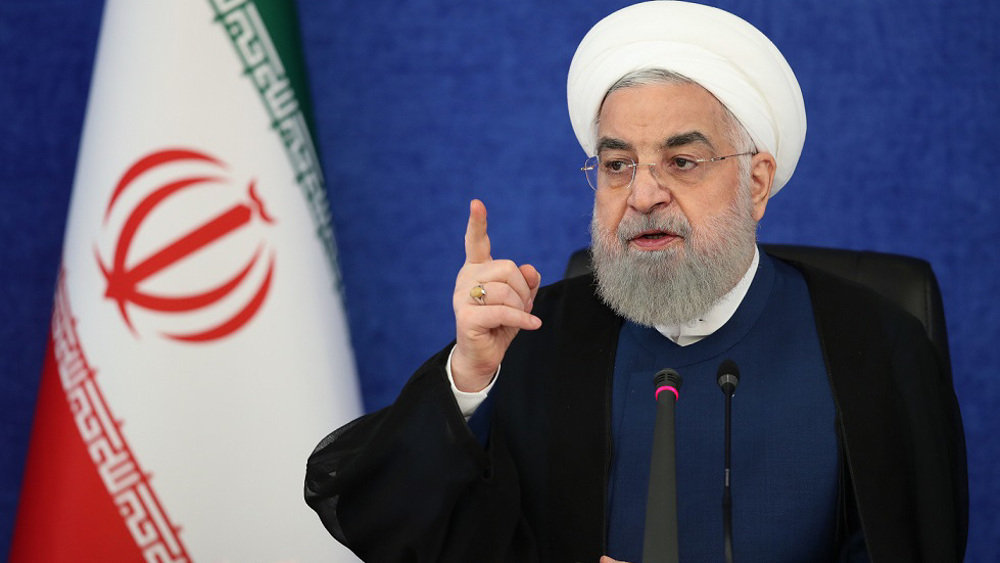
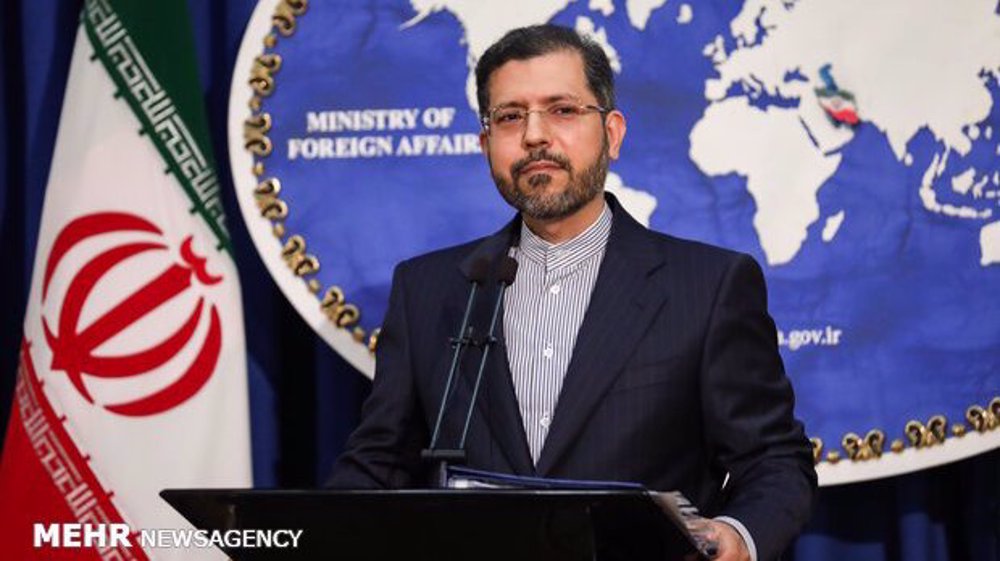
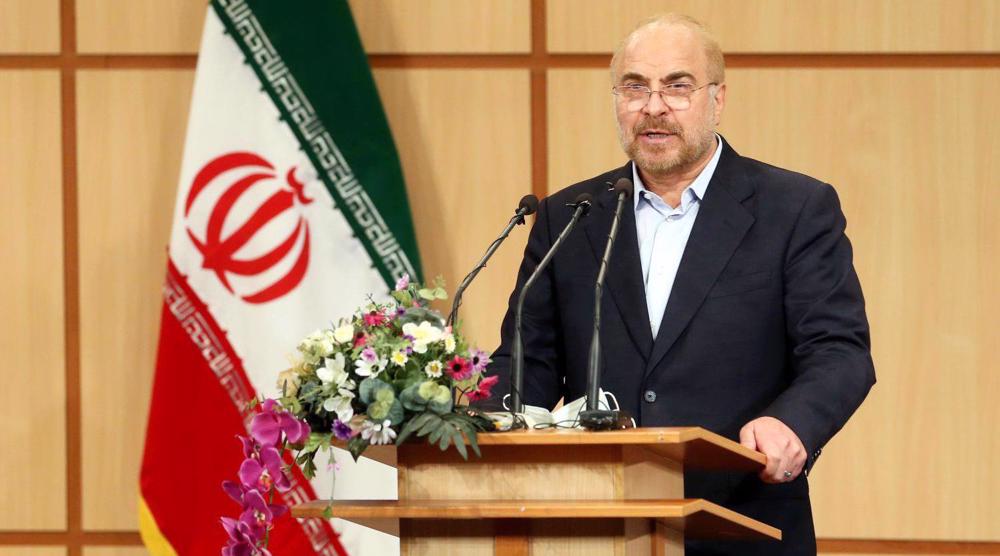
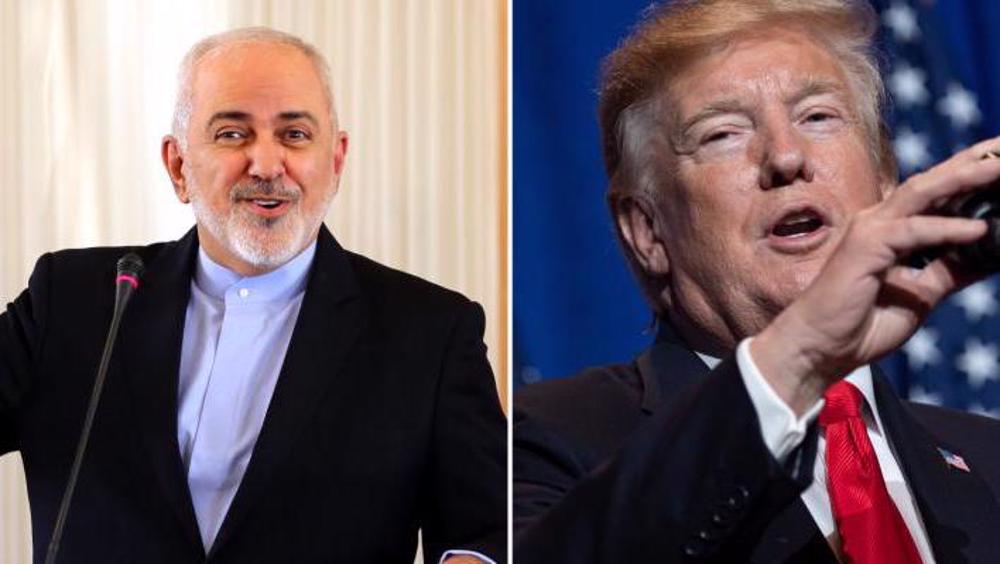

 This makes it easy to access the Press TV website
This makes it easy to access the Press TV website